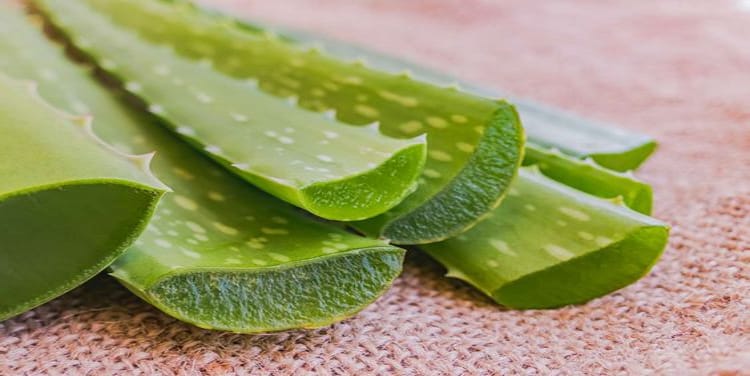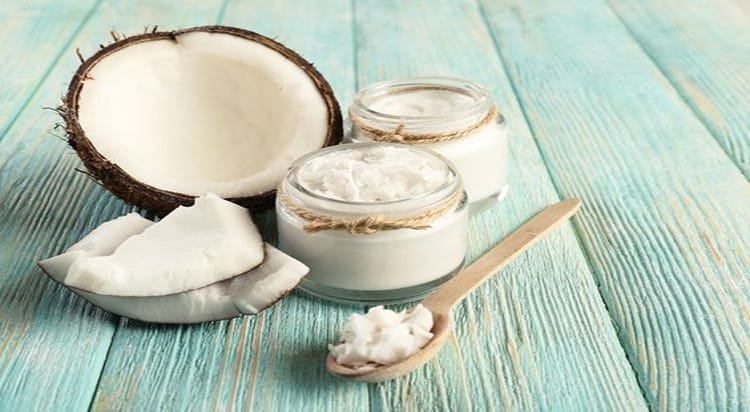Walking around during summer and enjoying the beach is only fun until Sunburn comes up! Sunburn is an all-too-common issue during this hot season. Despite all the fun and liveliness the summer season brings with it, unprotected exposure can lead to painful and damaging sunburn. Whether you missed a spot with your sunscreen or stayed out a bit too long, knowing effective home remedies for sunburn is essential.
In this blog, we’ll delve into what is sunburn? Explore 5 best home remedy for sunburn, discuss when you need to visit a dermatologist for sunburn. This comprehensive guide will help you with sunburn treatment at home.
What is Sunburn?
Sunburn, in layman’s language, is skin damage caused by excessive exposure to ultraviolet (UV) rays from the sun. When the skin absorbs too much UV radiation, it reacts by becoming red, swollen, and painful. The effect of sunburn goes beyond just temporary discomfort. Repeated or severe sunburns can lead to the risk of skin cancer, premature aging, and other skin issues. Understanding what is sunburn and searching for the best cure for sunburn is important for both prevention and treatment.
5 Home Remedies for Sunburn
1. Aloe Vera

Aloe vera is often said to be the best home remedy for sunburn due to its soothing and anti-inflammatory properties. The clear gel from an aloe vera plant can be directly applied to the sunburned area to provide immediate relief from pain and swelling.
How to use Aloe Vera for Sunburn?
a) If you have an aloe vera plant, cut a lead and squeeze out the gel. If you don’t have a plant, worry not, as you can also purchase aloe vera gel for sunburn from a store.
b) Apply a generous layer of the gel directly onto the sunburned skin. You can do this several times a day as needed.
Why use Aloe Vera for Sunburn?
Aloe vera helps to cool the skin and reduce redness. It’s natural moisturizing properties help to keep the skin hydrated, which is crucial for healing. Its anti-inflammatory effects reduce swelling and discomfort, making it a staple in natural remedies for sunburn.
2. Oatmeal Baths

An oatmeal bath is a lesser-known but highly effective sunburn treatment at home. Oatmeal has anti-inflammatory and antioxidant properties that help to soothe irritated skin and reduce redness.
How to Prepare an Oatmeal Bath?
a) Use colloidal oatmeal, which is finely ground oatmeal designed for skincare, available at most pharmacies.
b) Add about one cup of colloidal oatmeal to a lukewarm bath. Stir the water to ensure the oatmeal is evenly distributed.
c) Soak in the oatmeal bath for 15-20 minutes. Pat your skin dry with a soft towel after bathing.
Why Does It Work?
Oatmeal forms a protective barrier on the skin, which helps retain moisture and reduce dryness. Its soothing properties can alleviate the itchiness and discomfort associated with sunburn, making it one of the best remedies for sunburn.
3. Cool Compresses
Using cool compresses is another natural remedies for sunburn. This simple yet best cure for sunburn helps to reduce the heat and inflammation caused by sunburn.
How to Use Cool Compresses for Sunburn:
a) Soak a clean cloth or towel in cool (not ice-cold) water.
b) Gently place the damp cloth on the sunburned areas for 15-20 minutes. Repeat this process multiple times throughout the day.
c) You can also take a cool bath or shower to lower the skin temperature and alleviate pain.
Why Do Cool Compresses Work For Sunburn?
Cool compresses work by drawing out heat from the skin and reducing inflammation. They also provide a numbing effect, which can ease the burning sensation associated with sunburn. This method is particularly useful for home remedies for itchy sunburn, as the coolness can help soothe the itch.
4. Coconut Oil

Coconut oil is renowned for its moisturizing and healing properties, making it an excellent choice for sunburn treatment at home. It helps to lock in moisture, which is essential for healing sunburned skin.
How to Use Coconut Oil for Sunburn:
a) Use organic, virgin coconut oil for the best results.
b) Gently massage a small amount of coconut oil onto the sunburned areas after a cool bath or shower.
c) Reapply the oil as needed throughout the day to keep the skin moisturized.
Why Do Coconut Oil Work for Sunburn?
Coconut oil contains fatty acids that nourish and hydrate the skin, promoting faster healing. Its anti-inflammatory properties help reduce swelling and discomfort. Additionally, coconut oil can form a protective layer on the skin, preventing further damage and infection, which makes it a top choice for the best cure for sunburn.
5. Hydration
Staying hydrated is an often overlooked but critical component of sunburn treatment. Sunburn draws fluid to the skin’s surface and away from the rest of the body, which can lead to dehydration.
How to Stay Hydrated?
a) Increase your water intake significantly. Aim for at least 8-10 glasses a day, and more if you are experiencing severe sunburn.
b) Consider drinking electrolyte-enhanced beverages or coconut water to replenish lost minerals.
c) Eat foods with high water content, such as cucumbers, watermelon, and oranges, to help hydrate from the inside out.
Why Does It Works?
Hydration helps maintain the skin’s elasticity and promotes faster recovery from sunburn. Keeping your body well-hydrated ensures that it can repair the skin more efficiently and reduce the overall impact of sunburn. This approach complements other sunburn remedies and enhances their effectiveness.
When Do You Need to Visit a Dermatologist for Sunburn?
While home or natural remedies can be effective for mild to moderate sunburn, there are instances where professional medical attention is necessary. You should consider visiting a dermatologist if:
1. Severe Blistering:
If your sunburn results in large blisters covering a significant portion of your body, it’s a sign of severe skin damage.
2. Systemic Symptoms:
Symptoms such as fever, chills, nausea, or dizziness may indicate sun poisoning, which requires medical treatment.
3. Infection Signs:
Red streaks, increased pain, swelling, or pus are signs of a possible infection.
4. Persistent Pain:
If the pain does not improve with home remedies or over-the-counter treatments, professional advice is needed.
5. Unusual Skin Changes:
Persistent changes in skin color, texture, or the appearance of moles could indicate long-term damage or skin cancer.
A dermatologist can provide specialized treatments and advice to ensure proper healing and prevent complications. They might prescribe topical or oral medications to manage severe symptoms and promote healing.
Conclusion
Sunburn is an uncomfortable and often painful reminder of the sun’s power. However, with the right knowledge and tools, you can effectively manage and get sunburn treatment at home. Aloe vera, cool compresses, oatmeal baths, coconut oil, and staying hydrated are all excellent remedies that can soothe and heal sunburned skin. Remember, prevention is always better than cure, so apply sunscreen generously and frequently when spending time outdoors.
In cases of severe sunburn, don’t hesitate to seek professional help to ensure your skin heals properly and to prevent further complications. By understanding what sunburn is and how to treat it, you can enjoy the sun safely and comfortably.






